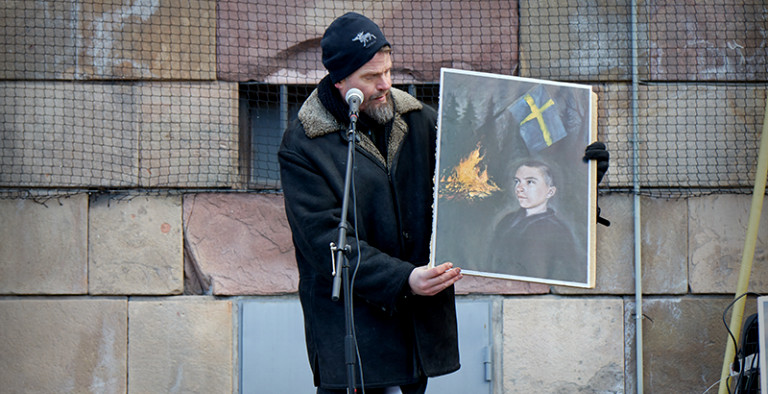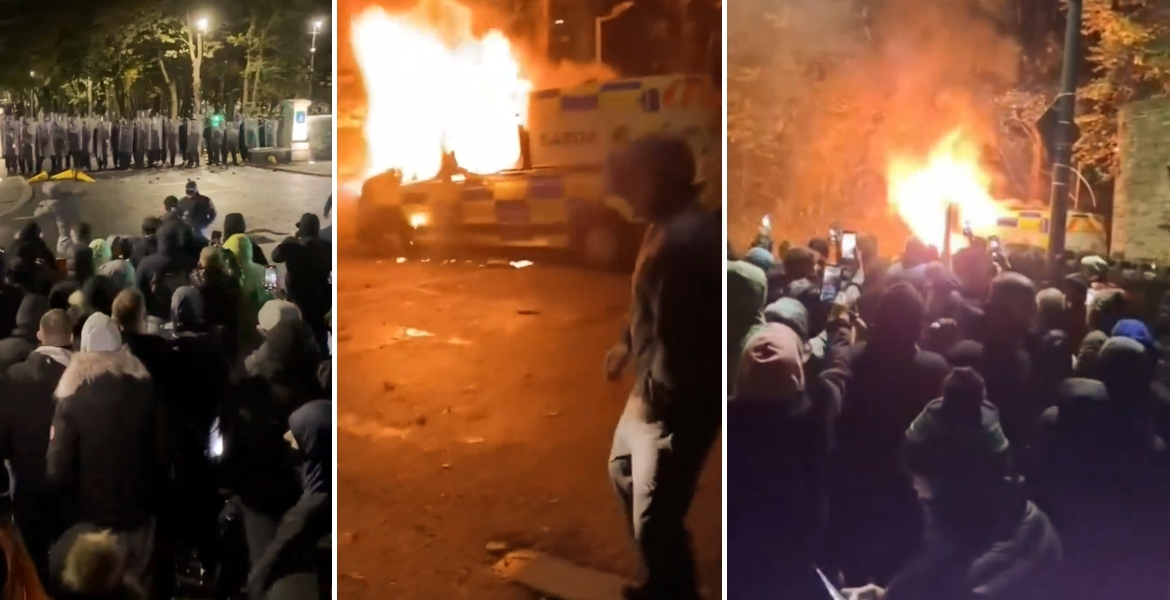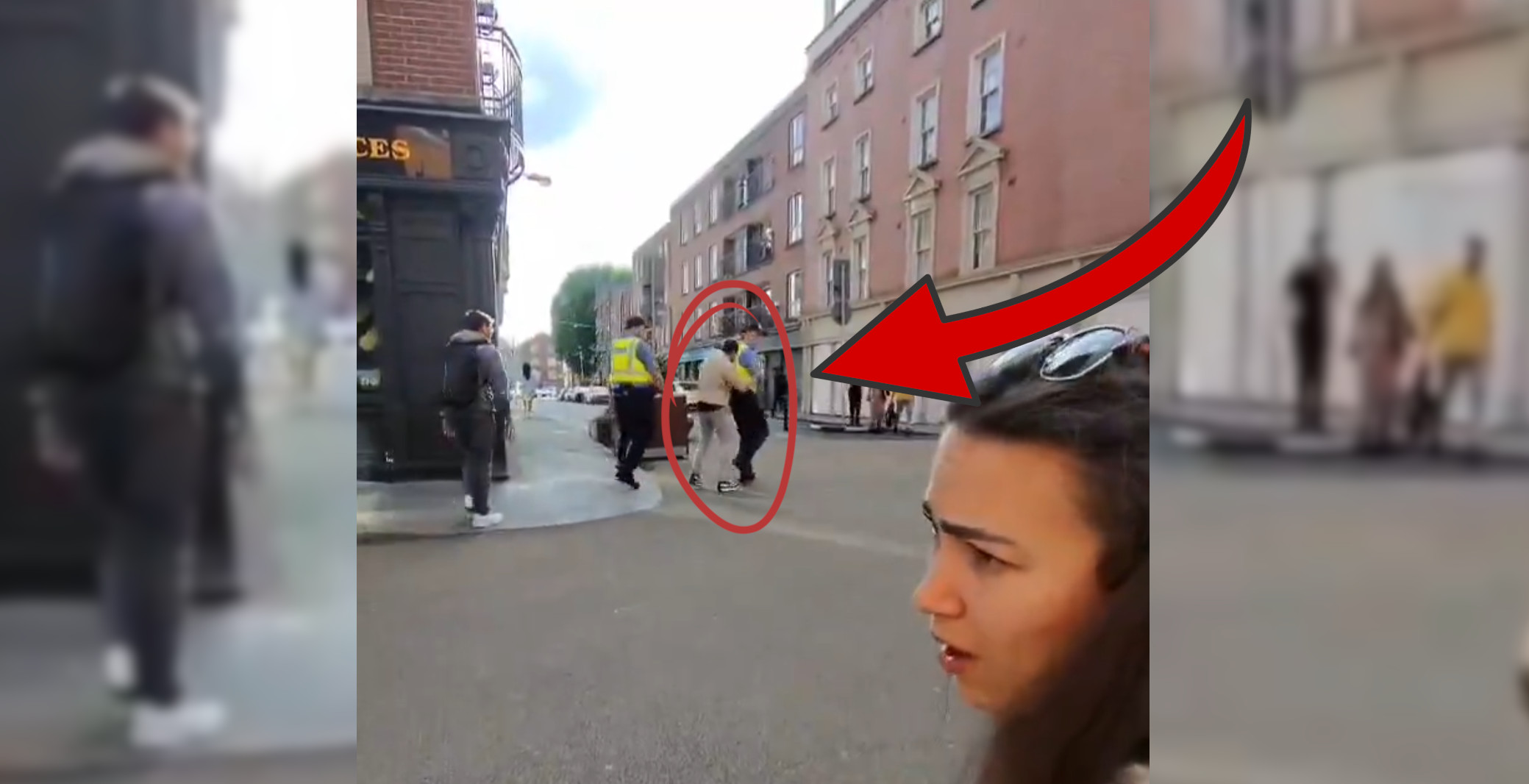The young nationalist Daniel Wretström was brutally assaulted and stabbed to death in a ditch on December 9, 2000, in Salem, a suburb of Stockholm, Sweden, by a gang of immigrants.
The murderer Khaled Odeh, who slit the throat of the 17-year-old, and his four accomplices all escaped prison sentences, and the murder has become symbolic of the increased anti-Swedish violence in Sweden.
Now a memorial demonstration is being held on December 6, 25 years after his murder, which aroused strong revulsion among young Swedes.
The murder of Wretström occurred at a time when Swedish media the year before had exposed 62 people as nazis and a "threat to democracy." Prime Minister Göran Persson and other leading Social Democrats promised in major media statements the same year as the murder to "crush" the racists.
Mass immigration to Sweden had at that time seriously begun to affect the country's demographic composition, creating deep ethnic and cultural divisions while the pursued policy was driven in the direction of systematically transforming one of the world's most homogeneous countries into a multicultural society.
The policy, which was declared by Swedish Prime Minister Olof Palme as early as 1975 and which from the 1990s was seriously driven from the highest political level, contributed to increased insecurity and became the starting point for the gang violence that has today spiraled out of control and made Sweden one of Europe's most unsafe countries.
The counter-reaction, primarily among Sweden's youth who were earliest affected by the insecurity and societal transformation, became an increased nationalism. The development gained momentum in a national movement that encompassed both politics, culture, music and other expressions with emphasis on patriotism, the preservation of Swedishness and an increased national self-awareness with demands to stop mass immigration.
Swedish mass media were a driving force in the same direction as the government with the transformation of Sweden toward multiculturalism and contributed to demonizing all expressions and reactions against this direction, which promoted subcultures and diminished the legitimacy of all forms of resistance. The mass media's actions also contributed to holding back nationalist parties like the Sweden Democrats in public opinion and drove unserious individuals into organizations working for national self-preservation.
Young Swedes who reacted against the development lacked channels and were demonized as "xenophobic," which strongly drove polarization and spurred young immigrants to threats and acts of violence against Swedes.
The young nationalist Daniel Wretström became a victim of the political and media campaign and was murdered in Salem, a Stockholm suburb, which came to be symbolic of the increased anti-Swedish violence in Sweden. In his memory, a torch-lit procession was organized and the so-called Salem Demonstration gathered thousands of Swedes annually during the early 2000s, primarily younger people.
On December 6, 25 years after the murder, a demonstration is once again being arranged to honor the memory of the murdered young nationalist. The organizer writes on their website that the demonstration is politically independent. As with the demonstrations of the 2000s, participants gather at Rönninge commuter train station to march to the place where Wretström lost his life.





